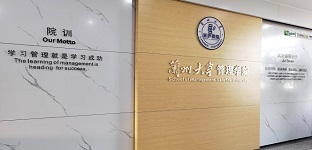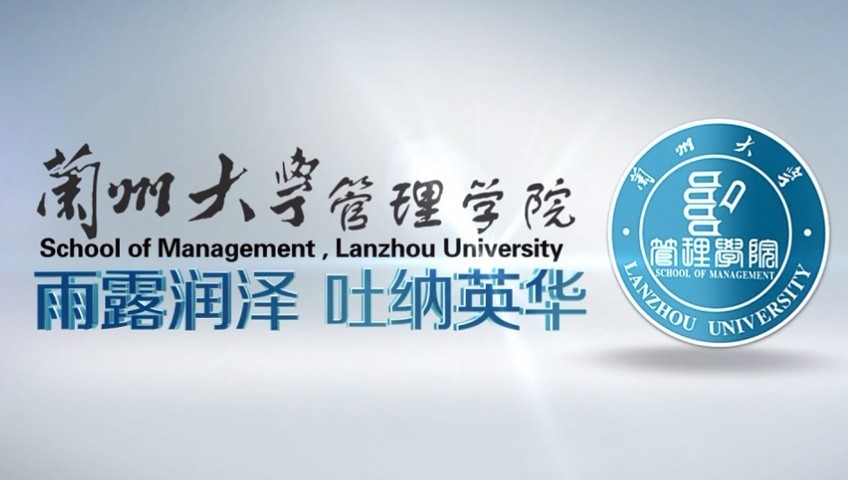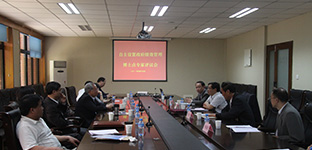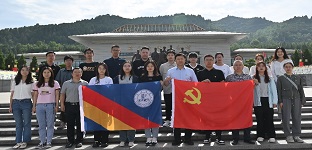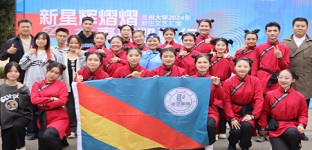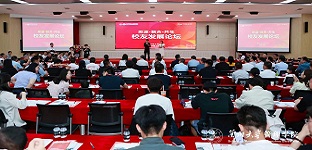学术动态
Academic News
热点新闻
管理理论前沿系列讲座第75期:西北工业大学王鹏副教授
应16877太阳集团安全入口危机信息管理研究所王洪鹏副教授邀请,西北工业大学王鹏副教授将于我院举办学术讲座。欢迎感兴趣的师生积极参加!
题 目:When Should Manufacturer Use E-commerce Platform's IoT Infrastructure? The Role of Data Pricing Right and Consumer Privacy Concern(制造商何时应该使用电子商务平台的物联网基础设施?数据定价权的作用与消费者隐私问题)
主讲人:王 鹏 副教授
主持人:王洪鹏 副教授
时 间:2023年7月28日(周五)9:30-11:30
地 点:城关校区(西区)齐云楼204
讲座简介:
We witness two popular IoT infrastructure modes in reality. In the first mode, the manufacturer builds its own IoT infrastructure and produce IoT products based on it, such as Apple and Xiaomi. In the second mode, an e-commerce platform builds the IoT infrastructure, such as Amazon and Alibaba, and then the manufacturer produces IoT products based on the platform’s IoT infrastructure. We call the first mode as MIoT mode and second mode as PIoT mode. We answer the question which mode a manufacturer should choose from the perspectives of the role of data pricing right and consumer privacy concern. We consider a context in which an upstream manufacturer sells an IoT product to a continuum of consumers via an e-commerce platform. In the MIoT mode, only the manufacturer can access consumers’ IoT usage data, then it can choose whether to sell the data to the e-commerce platform. In the PIoT mode, both the manufacturer and the platform have access to consumers’ IoT usage data, then the consumers have higher privacy concern than in the MIoT mode without data transaction. Besides, in the PIoT mode, the platform can monetize the IoT infrastructure either by charging a license fee or subsidize the manufacturer to increase the product selling quantity so as to benefit more from cross-selling. We find that, when consumers are extremely sensitive or extremely insensitive to their privacy, the manufacturer chooses the MIoT mode; when the consumers’ privacy concern level is medium, the manufacturer adopts the PIoT mode. The platform’s and the manufacturer’s preferences of IoT mode could be aligned or mis-aligned; whereas, the consumers’ and the manufacturer’s preferences are always aligned. We also find that the manufacturer’s use of either IoT mode can generate a win-win-win outcome for the manufacturer, the platform, and consumers under certain conditions. Lastly, the MIoT mode generates more social welfare than the PIoT mode when the consumers’ privacy concern level is low or high enough; otherwise, the PIoT mode generates higher social welfare.
主讲人简介:

王鹏博士,西北工业大学副教授、硕士生导师。于2015年、2021年分别获得西安电子科技大学电子商务专业学士学位、管理科学与工程专业博士学位,获西安电子科技大学优秀研究生荣誉称号;曾于2019年1月至2020年1月前往美国得克萨斯大学达拉斯分校信息系统系访学交流,于2021年10月加入西北工业大学16877太阳集团安全入口评为副教授。研究方向为信息系统管理与电子商务平台运营,包括在 UTD 24 国际顶级管理类期刊上发表多篇论文。

